The Pew Research Center conducted a year-long study examining Americans’ views on the news media. Pew found that less than half of Americans have confidence that journalists act in the best interest of the public, but also that viewers are open to the possibility that the media could win back their trust.
However, a majority don’t seem bothered by this fact. A full 63% believe it is better for the public to be skeptical of the news media. Seventy-five percent say there are things media companies can do to improve confidence in them. The list of specific items on which the respondents want more information from media outlets is pretty interesting:
A full 80% of participants feel that corporate interests influence the news in some way. Another real issue is corrections. Most Americans, 69%, believe news outlets try to cover up mistakes when they do happen. Making corrections more visible and complete may help build more confidence in the news media.
Fifty-one percent say seeing these corrections increases their confidence in a news outlet. A large share of respondents, 63%, say they have not seen one in the last several months. As is often noted, an initial story may get a high number of shares and retweets on social media platforms. The correction only receives a small fraction of the amplification.
Amid Deadly Riots, Oprah Signs on to Adapt Anti-American ‘1619 Project’
Media companies could figure out a better way to communicate when they have made a mistake. Unfortunately, Americans say the most likely reason for an error is carelessness. Taking more care to accurately and widely communicate when corrections are necessary may improve this perception.
While Americans acknowledge that they partake in a different media diet based on their political perspectives, this survey gives a different perspective. While they would like to feel a personal connection to their news sources, most do not. This fact could be a result of the concentration of national news organizations in Washington, D.C., and New York City. These responses have a “you just don’t get me” vibe:
1619 Project Founder Admits It’s ‘Not a History,’ But a Fight to ‘Control the National Narrative’
The most important factor for Americans in choosing a news outlet is the journalists’ demeanor. They prefer ones that seem friendly and warm. A close second is whether the outlet shares their views. This preference may be a function of the confusion over whether the commentary is factual or opinion. This distinction is often fuzzy, especially in a 24-hour cable news cycle reinforced by social media:
It is not surprising that many of the responses in the study show sharp, partisan divides. This split is especially true in the age of Trump:
A major takeaway of the first phase of this yearlong study was that partisan dynamics are the strongest factor in Americans’ trust in the news media and other related concepts. The findings here reinforce that conclusion: Republicans, and especially strong Trump supporters, consistently express more negative sentiments about the news media.
There are a few places, though, where there is somewhat more agreement, including opinions about whether the news media should be approached with skepticism, perceptions of whether confidence in the institution can increase, and important factors that draw people to their key sources of news.
Participants were asked to evaluate the media in five specific dimensions. Republicans are less likely to express positive views on all five dimensions than Democrats. GOP respondents also attribute mistakes to malice and lack of care at much higher rates:
Is Bari Weiss the New York Times’ James Damore? Insider Spills the Beans on Stifling Cancel Culture
This difference is magnified when support for President Trump is taken into consideration. A full 61% of those who strongly approve of the president expect the news they get will be mostly inaccurate. This view contrasts with Democrats who strongly disapprove of Trump. More than three quarters (78%) of these respondents expect the news they receive to be generally accurate. As commentator Scott Adams often points out, partisan Americans are watching two different movies on the same screen.
The Pew researchers also note this finding is consistent with other surveys:
Previous findings from the yearlong study show the same relationship across a number of attitudes related to trust in the news media, including views of journalists’ ethics, trust in the information from national news organizations, and perceptions of the news media’s watchdog role.
There are also significant differences between age groups. Younger Americans, who get most of their news from social media, feel less connected to news sources and report being misunderstood the most:
Trump Defends America’s Heritage on the Fourth of July, New York Times Loses Its Mind
Black and Hispanic Americans are more likely to value diversity in newsrooms and value stories about people like them. On all six dimensions of what Americans find important in selecting a news outlet, white Americans score lower than either minority group:
In looking for trends that could improve confidence in the news media, transparency seems to be a consistent theme for all respondents. Diversity in perspective, age, gender, and race seem to be items that would boost loyalty and trust in a media outlet. This item might be the most critical area to work on since a full 59% of Americans think media companies don’t understand people like them.
Unfortunately, there is a profit motive for things to remain the way they are. As former executive editor for The New York Times, Jill Abramson noted:
“Given its mostly liberal audience, there was an implicit financial reward for the Times in running lots of Trump stories, almost all of them negative: they drove big traffic numbers and, despite the blip of cancellations after the election, inflated subscription orders to levels no one anticipated.”
The Times has long faced accusations of liberal bias, even before Trump got into politics and became its harshest critic. But Abramson’s words carry special weight because she is also a former Times Washington bureau chief and Wall Street Journal correspondent specializing in investigative reporting.
Catering to a specific audience seems to be a workable profit model for many media outlets. With increasing competition from independent media companies and YouTube, finding a niche market seems to be the preferred media model.
Under these circumstances, it is good that a majority of Americans think it is a positive thing to be a media skeptic. It may mean people have to do their own homework to validate the reporting they receive. At least we have devices in our pockets that are up to the task.


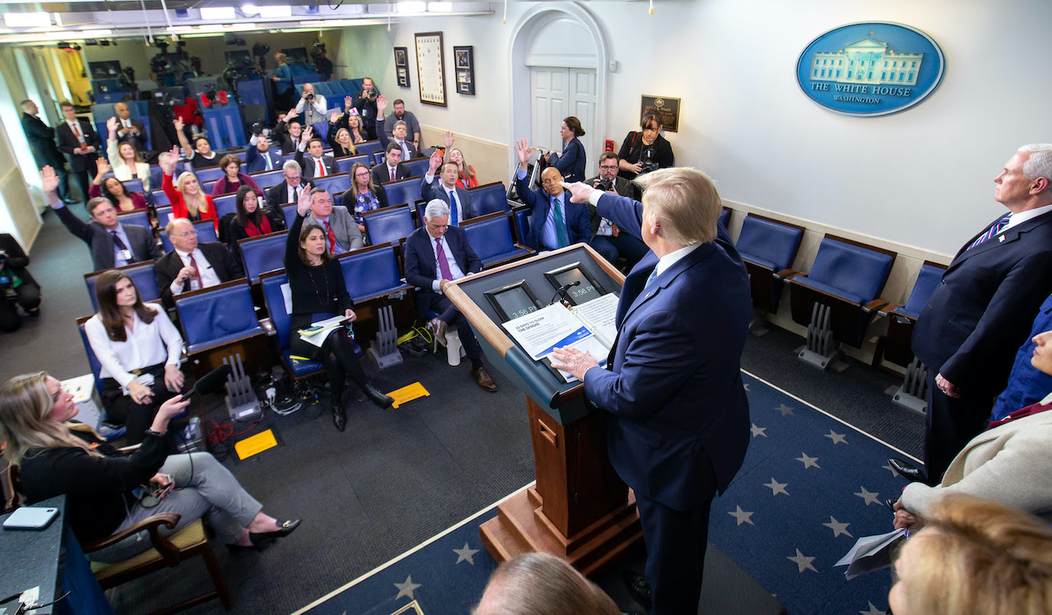
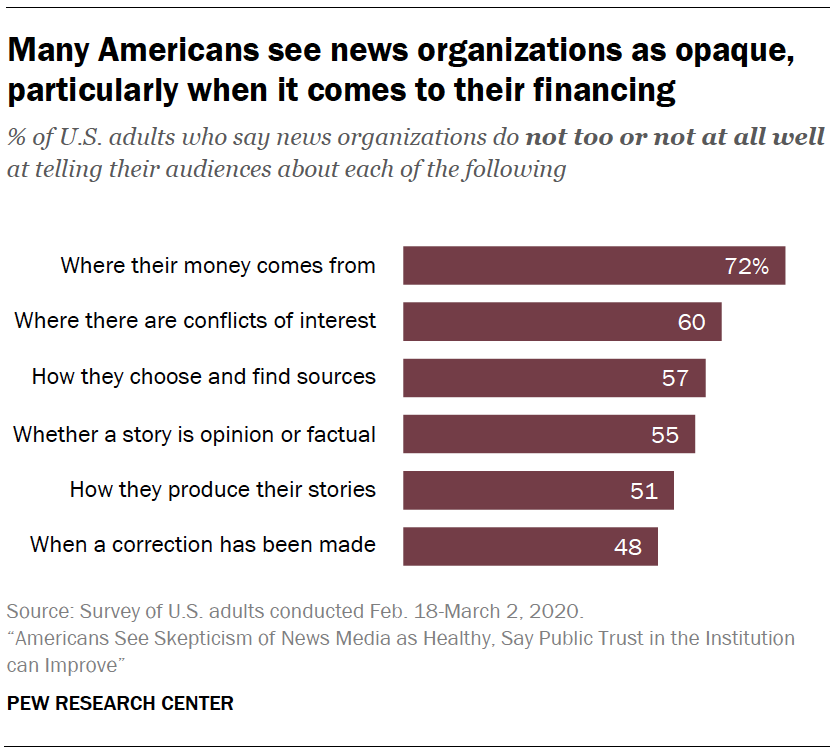
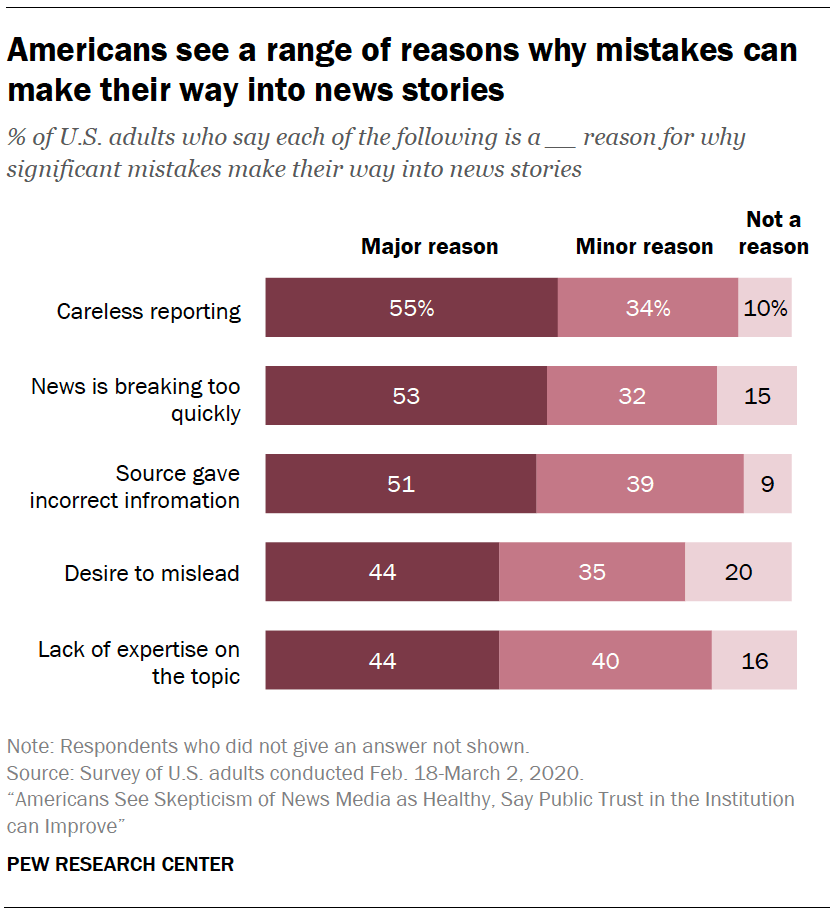

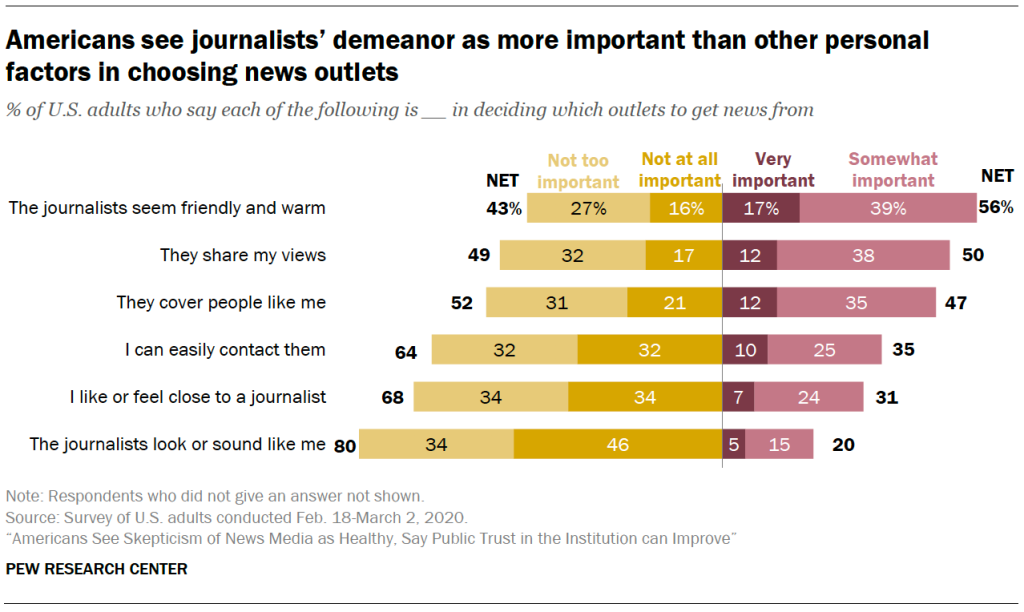
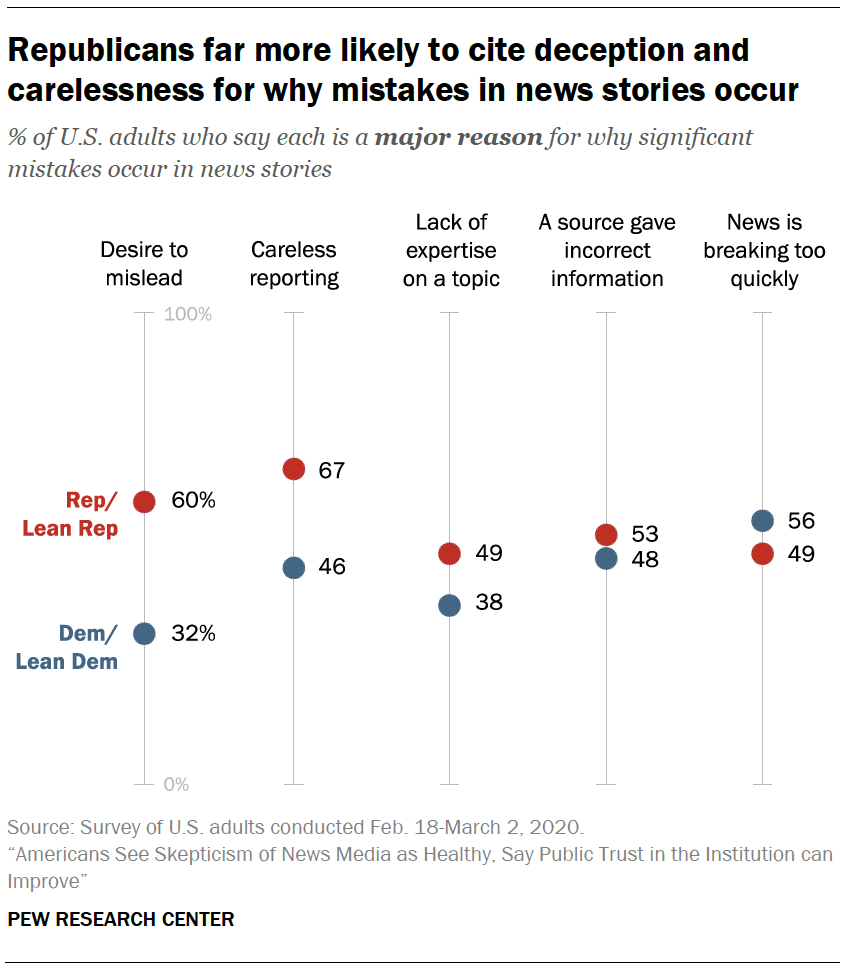
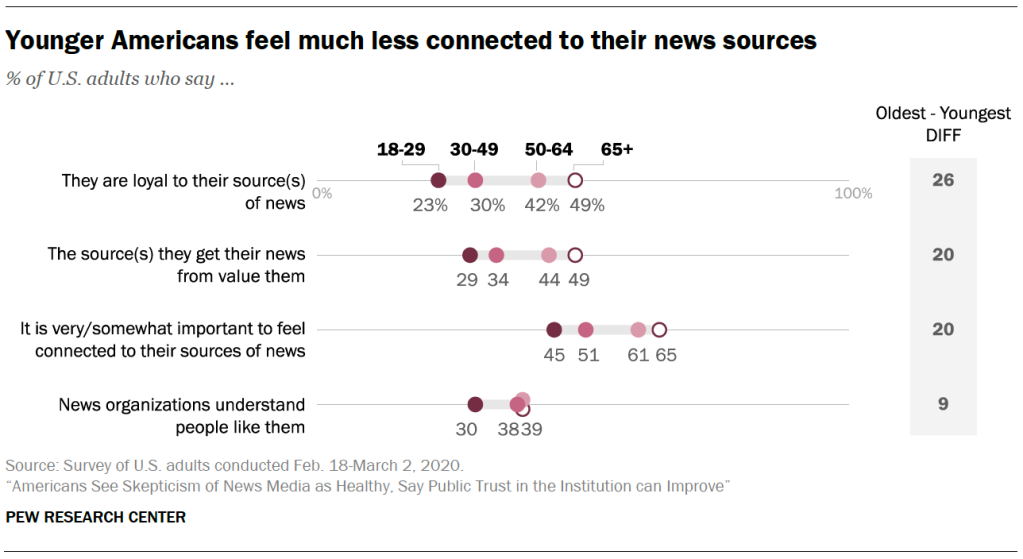







Join the conversation as a VIP Member